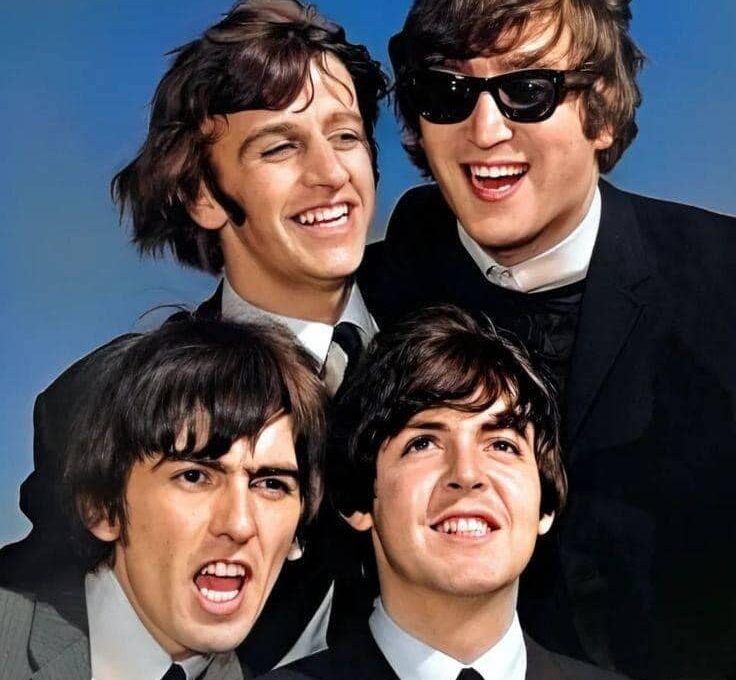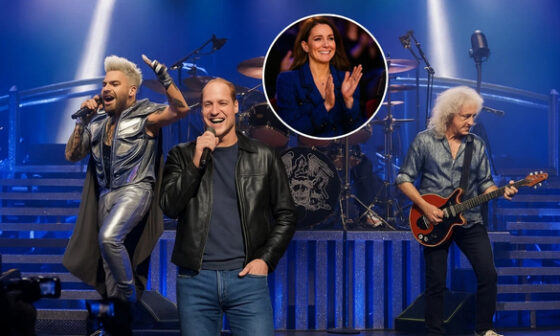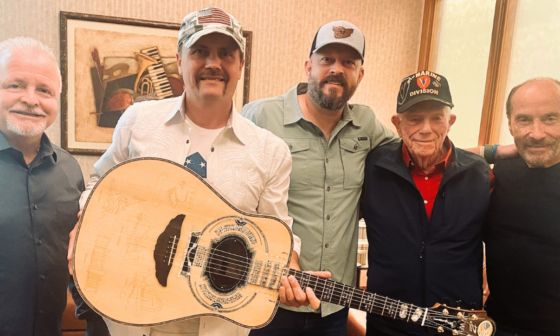Paul McCartney Opens Up: The Hidden Pain Behind The Beatles’ Magic
Decades after The Beatles changed music forever, Paul McCartney is finally revealing the emotional struggles he faced during those whirlwind years—especially the deep and complicated bond he shared with John Lennon.
Now 82, Paul has described the fading of his friendship with John as “one of the deepest losses” of his life. To the outside world, the Lennon-McCartney duo seemed unstoppable—writing hit after hit, changing culture, and creating timeless songs. But behind the scenes, things were far more difficult. Fame, pressure, and personal pain slowly pulled them apart.
Author Ian Leslie, who studied the pair closely for his book, believes their music was so powerful because it came from raw, real emotion. “They were very different in some ways and very similar in others,” he explained in an exclusive interview with The Mirror US. “Their personalities fit together in this unique and magical way.”
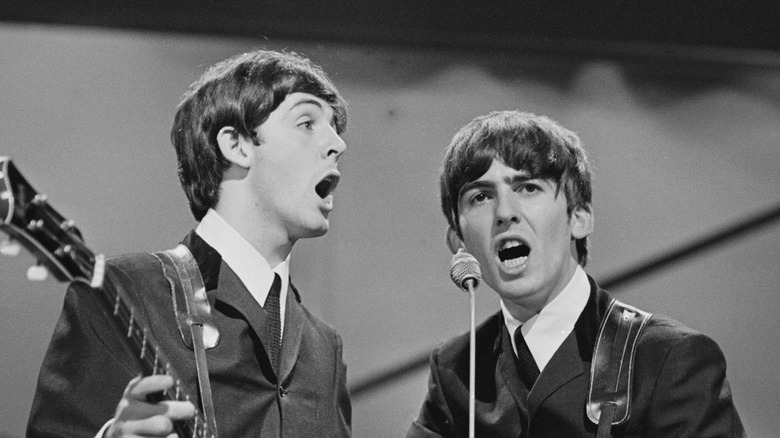
Part of that deep connection came from shared loss. Paul was only 14 when his mother, Mary McCartney, died from complications after surgery. John lost his mother, Julia Lennon, at 17 after she was hit by a car. That pain bonded them—and they poured it into their music.
“The music became a way for them to deal with overwhelming feelings of pain, loneliness, and even joy,” Leslie said. “They didn’t grow up in a time when people talked about emotions. Therapy wasn’t common, especially for young men. But writing songs? That became their therapy.”

As teens, John and Paul found comfort in rock ‘n’ roll. Together, they channeled grief, passion, and even their feelings about each other into songs. According to Leslie, that emotional honesty is part of what made their music so unforgettable.
Sadly, that bond eventually broke. The Beatles officially split in 1970, and what followed was a painful chapter filled with public jabs—especially through music. John lashed out first with How Do You Sleep?, and Paul responded with Too Many People. Leslie believes those songs were their way of talking to each other when they no longer could face-to-face.
“It was like a conversation through music,” Leslie said. “They were no longer close, but they still had things to say. And they knew how to say them best—in songs.”
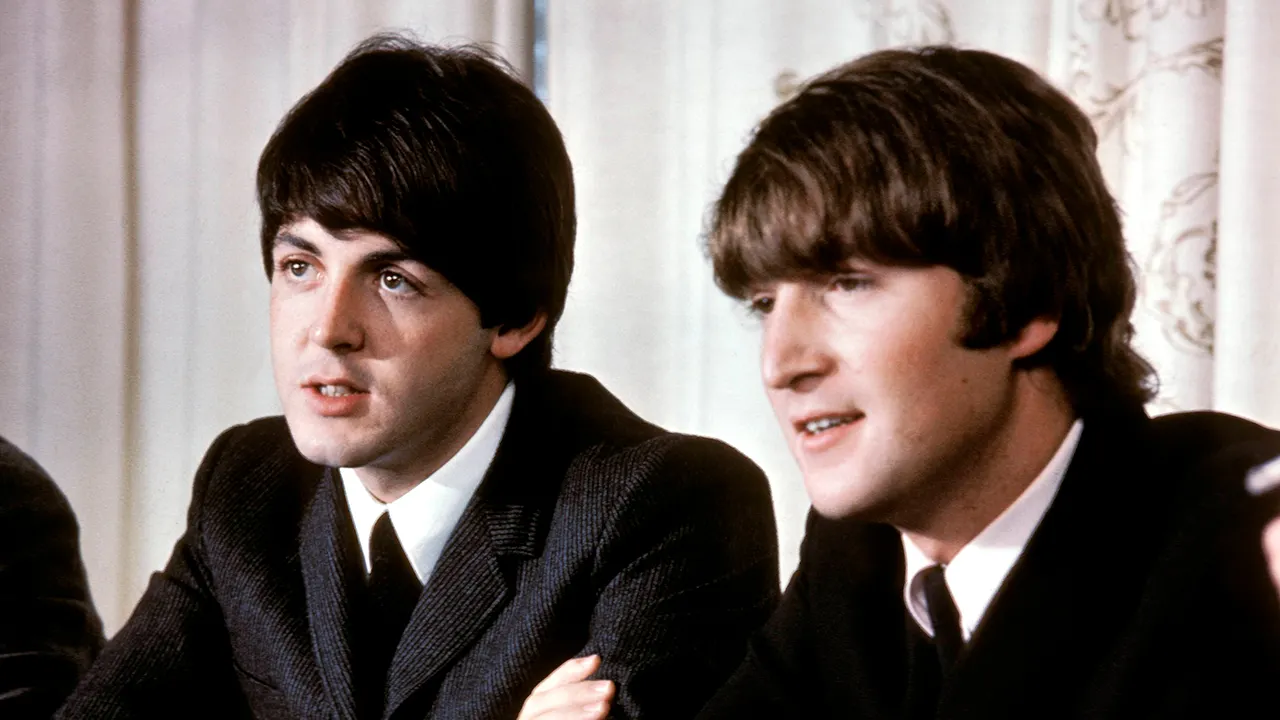
For fans who grew up idolizing The Beatles, McCartney’s recent reflections are bittersweet. Behind the smiles, the success, and the songs, were two young men struggling with deep wounds, navigating friendship under a global spotlight. Paul’s honest words now serve as a powerful reminder: even the strongest connections can be fragile—but the emotions behind them can live forever through music.
